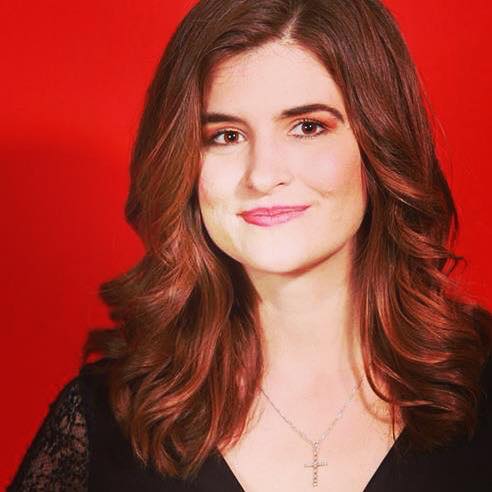
What to look for in a future spouse
“What should I look for in a future spouse?” No one will miraculously change once you are married, so it’s important to see if your significant other has qualities worthy of marriage while dating. However, an even better question is: “What kind of person should I be for my future spouse?” The following list will offer a few helpful points to consider:
Self-sacrificial love.
This is one of the most important traits a spouse should have. Spouses “are called to grow continually in their communion through day-to-day fidelity to their marriage promise of total mutual self-giving.” (CCC 1644). Marriage survives on this key virtue—always putting the needs of the other first.
Self-sacrificial love—it means putting the other person’s needs above your own. It is a beautiful expression of true love. For example, in “The Gift of the Magi,” O. Henry tells the story of a young married couple with little money buying each other gifts for Christmas. Della cuts her beautiful long hair to buy a chain for her husband, Jim’s, watch. Jim sells his watch to buy Della a comb for her hair. While they both ended up with gifts they couldn’t presently use, they then realized how priceless their love was—they loved each other so much they both were willing to sacrifice for each other.
Pope Pius XII noted that “[h]appiness in married life is in direct ratio to the respect the husband and wife have for each other.” Respect is to deeply admire and recognize the good in another human, and is key to a good relationship. It means valuing others’ opinions and interests and being genuinely interested in what someone has to say and what is going on in his/her life. It means seeing that person as a child of God.
Does your significant other show a genuine interest in getting to know everything about you? Does he/she engage in conversation with the intent of learning your opinion as opposed to putting down your opinion? Does he/she respect your boundaries?
Team player.
There is no “i” in “team.” Forming a lifelong “partnership” (CCC 1601) in marriage requires that both parties be a team player. It means always thinking about how the other person may be affected by your actions. It means getting input from the other on decisions that you may think only effect yourself.
A team shows up together to win a game. They have to communicate practice/game times. The team is in it to win the game as a team. The same is true for relationships. After dating awhile, does he/she want to integrate you fully into his/her life? Or, does he/she treat you as a casual friend they hang out with? Does your he/she constantly make his/her own plans and tell you after the fact? Or, does he/she make plans with you?
Faith.
Marriage “is deepened by lives of the common faith and by the Eucharist received together.” (CCC 1644). The purpose of marriage is for husbands and wives to help each other get to heaven, so it’s important to be have the same goals regarding faith. And, sharing the same faith with your future husband/wife will only strengthen your marriage.
Does he/she have a desire to grow in his/her faith? He/she doesn’t have to have the equivalent of a theology degree, but a desire to grow is essential. Or, are they lukewarm about faith and go to church out of habit?
Keep in mind that these qualities must already exist in a person while you are dating them, and they will not miraculously appear once you are married. You can’t date someone expecting them to change, otherwise, you are dating an imaginary person.
Don’t settle for the excuse “things will change when we are married.” I’m not saying people don’t change, but don’t expect them to. If he/she doesn’t behave a certain way when you are seriously dating, don’t expect them to when married.
These qualities are a good place to start; but, there are others. A priest gave me great advice when he said, “Pray to God for wisdom, understanding, and knowledge to show you who you should marry. In the end, God will direct you to your future spouse if you remain open to His Will.’”
_____________________________
Emily Brandenburg is a Catholic Youth and Young Adult leader in the Diocese of Orange, California. She hosts a large Bible study and Praise, Worship, and Adoration evenings. In addition, she is concertmaster of St. Martin’s Orchestra, holds a J.D. from Pepperdine School of Law, and is a full-time attorney. You can connect with her on Facebook at https://www.facebook.com/emilyannebrandenburg and Instagram at @emily_brande. She blogs at TheNetofLove.blogspot.com.
